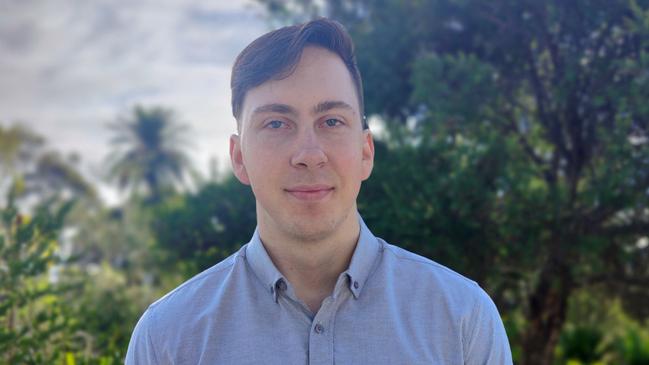Mental health: Rural students need vital support services
One student says that he’s almost “forgotten how to talk to people” and that he’s hopeful for further mental health support after the budget announcement.
Almost 60 per cent of rural and regional students say their mental health has been severely affected by the pandemic and a quarter face daily mental health challenges.
The stark figures have been revealed by not-for-profit group Country Education Foundation of Australia, which compiled the data from a survey of 650 rural and regional tertiary and TAFE students.
CEF communications manager Nicole Wright said the figures were startling and highlighted the silent, ongoing struggle of rural and regional students.
“This has been a really, really difficult period for them and they are feeling the weight and effects of the pandemic, the isolation, being away from family and having to tackle online learning,” Ms Wright said.

Although the Federal Government’s extensive mental health commitment in the budget was positive, it was unclear whether rural teenagers who had been affected by the pandemic would be included in the benefits.
“Support in this space for this cohort is absolutely critical,” Ms Wright said.
“There is definitely a gap in funding for regional student mental health services but in saying that we are really optimistic with the budget that identified more specific funding for those services and we are hoping that it will roll out and close that gap and allow these students to come out the other side.”
University of NSW mechanical engineering student Jacob McMullen, 21, from Orange, NSW, said living in a small apartment in Sydney meant he studied and slept in the same room for two years of lockdowns and all his classes were online.

“The pandemic created a situation in which I felt very isolated and alone. I now feel more anxious interacting with people and have become much more introverted as a result,” Jacob said.
“It is almost as if I have forgotten how to talk to people.”
Jacob said the resources and mental health support services were more limited in his hometown of Orange than Sydney.
“The (budget) announcement is extremely promising as this money could go a long way in helping those students living in regional areas who don’t have access to as many mental health services as someone living in the city,” he said.
Nicole said it was a positive sign that so many students were willing to respond openly to the CEF’s survey.
“I thought the students might be reluctant to put their names to it but they were so willing and eager to share and that was incredible because that shows the conversation is changing and that the stigma around mental health is starting to shift,” she said.




